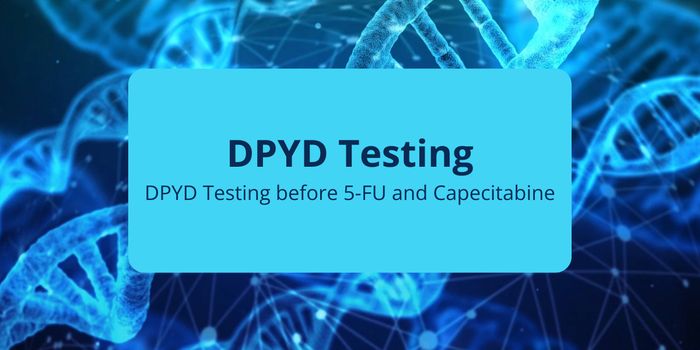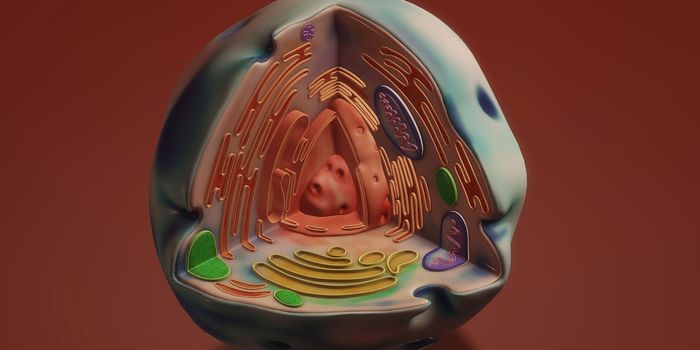tRNA Plays a Role in the Immune Response to Stroke
At one time, researchers knew that various forms of RNA served a few different critical roles in the creation of proteins from sequences of DNA. But in recent years, studies have revealed that RNA molecules can serve far more biological functions than we knew. Some RNAs, for example, perform crucial regulatory roles.
An international team of researchers became interested in how tRNA fragments might be related to stroke. They were able to collect samples from patients that had experienced an ischemic stroke to analyze the blood cells and small RNA fragments in them. Their efforts have revealed a previously unknown role for a form of RNA called transfer RNA or tRNA, which is typically known as a molecule that ferries amino acids to a cellular structure called the ribosome as it generates a new protein. The findings have been reported in the Proceedings of the National Academy of Sciences.
Ischemic stroke is thought to affect anywhere from 12 to 15 million people every year, and many of these people become permanently disabled afterward. The immune system has a significant influence on the pathophysiology of a stroke; when the brain is injured, immune responses in the periphery of the body are reduced. That may limit the flow of immune cells into the central nervous system (and thereby keep inflammation low) as a protective mechanism. But this also raises the likelihood of complications like infection. That may happen because some tRNA fragments in cells called monocytes, which would normally release pro-inflammatory cytokines, can act to modulate that activity.
"Simply put, there may be a 'changing of the guards,' in which tRNA fragments replace microRNAs in monocytes," explained study author Sebastian Lobentanzer of Goethe University, Frankfurt. "Bioinformatic network analyses show that these two small RNA species have vastly different functional roles in the immune response, and thus may work in synergy in the regulation of homeostasis."
This knowledge can help researchers learn more about the activity of the immune system after a stroke, and whether complications can be avoided by modulating this activity.
In the long run, the researchers want to find therapeutics to modify these processes. Indeed, if the immune status of each patient after a stroke could be individually determined, many complications might be avoided.
Sources: AAAS/Eurekalert! via Goethe University Frankfurt, Proceedings of the National Academy of Sciences









